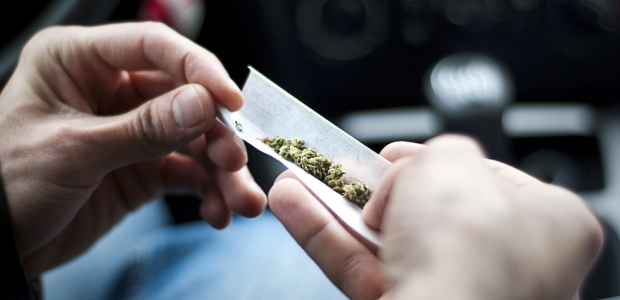
Missouri Voting on Medical Marijuana Measures This Fall
The three marijuana measures may cause confusion among voters, given that each proposes a different tax on retail sales of medical marijuana.
Missouri's secretary of state, Jay Ashcroft, on Aug. 2 issued Certificates of Sufficiency that three initiative petitions secured enough valid signatures to put medical marijuana measures on the Nov. 6, 2018 state ballot. Ashcroft announced that he'd issued certificates for five of six petitions that were submitted, including one that seeks to increase the state minimum wage to $8.60 per hour with an 85 cents per hour increase each year until 2023, when the state minimum wage would be $12 per hour, with government employers exempt from that increase and an increased penalty for paying employees less than the minimum wage.
The three marijuana measures may cause confusion among voters, given that each proposes a different tax on retail sales of medical marijuana. Two of them would amend the state's constitution to permit the use of marijuana for medical purposes, while the third would remove prohibitions in state law against the personal use and possession of medical marijuana, for someone who is diagnosed with a qualifying medical condition and has a written certification from a physician treating it.
Any legal challenge to the certifications must be filed in the next 10 days, according to Ashcroft's news release.
The first petition is estimated to produce $66 million in annual taxes and fees. It seeks to amend the constitution to:
- allow the use of marijuana for medical purposes, and create regulations and licensing procedures for marijuana and marijuana facilities
- impose a 15 percent tax on the retail sale of marijuana and a tax on the wholesale sale of marijuana flowers and leaves per dry-weight ounce to licensed facilities
- use funds from the taxes to establish and fund a state research institute to conduct research with the purpose of developing cures and treatments for cancer and other incurable diseases or medical conditions
The second petition is estimated to produce annual taxes of $18 million for state programs and $6 million for local governments. It would amend the constitution to:
- allow the use of marijuana for medical purposes and create regulations and licensing/certification procedures for marijuana and marijuana facilities
- impose a 4 percent tax on the retail sale of marijuanause funds from the taxes for health and care services for military veterans by the Missouri Veterans Commission and to administer the program to license/certify and regulate marijuana and marijuana facilities
The third petition would result in estimated initial, one-time costs of $2.6 million, annual costs of $10 million, and annual revenues of at least $10 million, with local government entities estimating no annual costs and expected to have at least $152,000 in annual revenues. It would amend state law to:
- remove state prohibitions on personal use and possession of medical marijuana with a written certification by a physician who treats a patient diagnosed with a qualifying medical conditionremove state prohibitions on growth, possession, production, and sale of medical marijuana by licensed and regulated facilities, and a facility's licensed owners and employees
- impose a 2 percent tax on the retail sale of medical marijuana
- use funds from the tax for veterans' services, drug treatment, early childhood education, and for public safety in cities with a medical marijuana facility